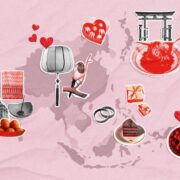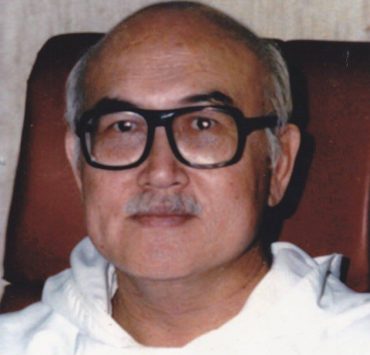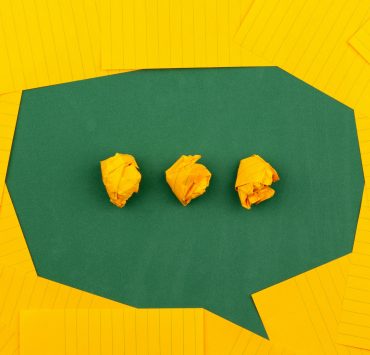Go Bike Project: Pedaling for my advocacy
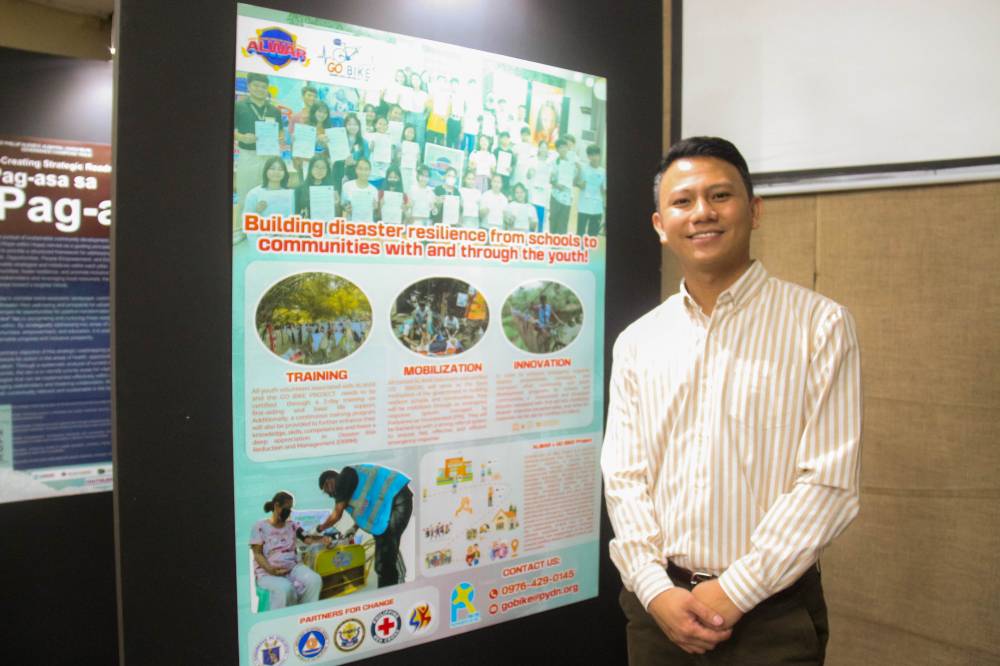
In the summer of 2023, I received an unexpected email that changed my life.
I got accepted into the Leadership and Democracy Fellowship 2 and Future Bridging Leaders Program 5 (LEAD2-FBLP5). I successfully passed its tough screening process—the hardest interview I ever had.
I remember I was asked, “Why is the Go Bike Project so important to you?” and then I answered, “Because this is very personal to me. I dedicate this to my father, grandmother and an uncle who all suffered sudden heart attacks and died. This is my way of equipping myself and my fellow young people with knowledge and skills to save lives in times of emergencies and disasters.”
Walking into the Lopez Case Room at the Asian Institute of Management, I just had with me my five years of experience leading the Go Bike Project. We train and empower the youth to become certified Go Bikers and provide them with Go Bike units equipped with first-aid kits, medicines and disaster response paraphernalia.

As of today, we have a total of 1,220 trained Go Bikers and 179 Go Bike units produced in the province of Pangasinan. However, I know that we can still take this to the next level and unleash the full potential of our project by joining these kinds of fellowship programs.
Roller-coaster ride
The program turned out to be a roller-coaster ride that challenged me in ways I had never imagined. My blind spots were exposed, and I felt lost along the way. I wanted to quit at first, but I’m glad to have been surrounded by a supportive cohort who kept lifting each other up so that no one would be left behind.
By the second phase of the fellowship program, we were tasked to present the results of our Rapid Area Assessment (RAA) where everything started to make sense. My findings revealed that the youth are vulnerable to disasters, yet they are also a powerful driving force in building disaster-resilient communities.
In addition, my findings also suggest that the Sangguniang Kabataan (SK) Councils should focus on implementing disaster risk reduction and resilience programs by conducting trainings, drills, and even running first-aid Olympic events to make Disaster Risk Reduction and Management (DRRM) programs more engaging for the youth.
By also prioritizing DRRM, they will truly have a significant impact not only on the youth, but also on the community they serve. I saw through my RAA the opportunity to engage directly with the youth through schools, multiplying our organization’s efforts exponentially. With these realizations come the birth of my Change Project—the Association of Learners Working for Altruism and Resilience (Alwar).
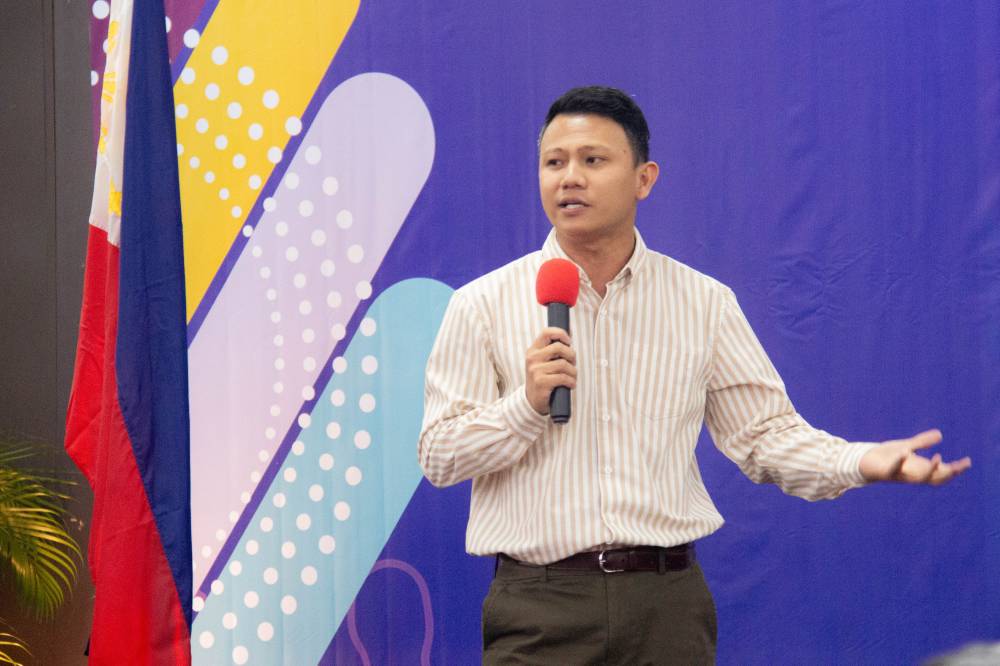
Alwar is a Pangasinan word that means safety, preparedness, and/or carefulness. This new initiative aims to improve the “panag-alwar,” or the preparedness and resilience of 150 students from schools in Bugallon, Pangasinan, against natural and manmade hazards through volunteer-led capacity-building programs, emergency drills, and disaster risk reduction and mitigation activities.
The project will be implemented in close coordination with school authorities, the Municipal Disaster Risk Reduction and Management Office (MDRRMO) of Bugallon, and other partner non-government organizations to ensure its effectiveness and sustainability.
Volunteers
After schooling, Alwar Volunteers’ pathway is to become certified Go Bikers. With this certification, volunteers will have access to continuous training, free usage of Go Bike units, and other learning opportunities made possible by our organization’s strong partnership with Sangguniang Kabataan councils, local government of Bugallon, and the private sector.
Our goal is to sustain and strengthen the youth’s commitment toward DRRM advocacies. Alwar x Go Bike Project will mainstream the proactive participation of the youth in building more disaster-resilient schools and communities.
Throughout the LEAD2-FBLP5 program, I learned several invaluable lessons. First, I learned to value the art of listening. Active listening is a critical skill, and it can reveal insights and perspectives that might otherwise be overlooked.
Second, I learned to be courageous in acknowledging my own blind spots and improve myself as a person and a leader. Feedback and criticism are good for leaders, and it should not be a source of offense but an opportunity for growth.
Third, I discovered the importance of always asking difficult questions. This practice has unleashed my full potential and that of the projects I have been implementing for quite some time.
Lastly, I learned that bridging leadership or any kind of leadership requires having a strong skill in facilitating dialogue. Addressing community problems requires realizing that you cannot do it alone, you need others who also have a shared meaning, values, and goals with you to create meaningful change and impact in the community.
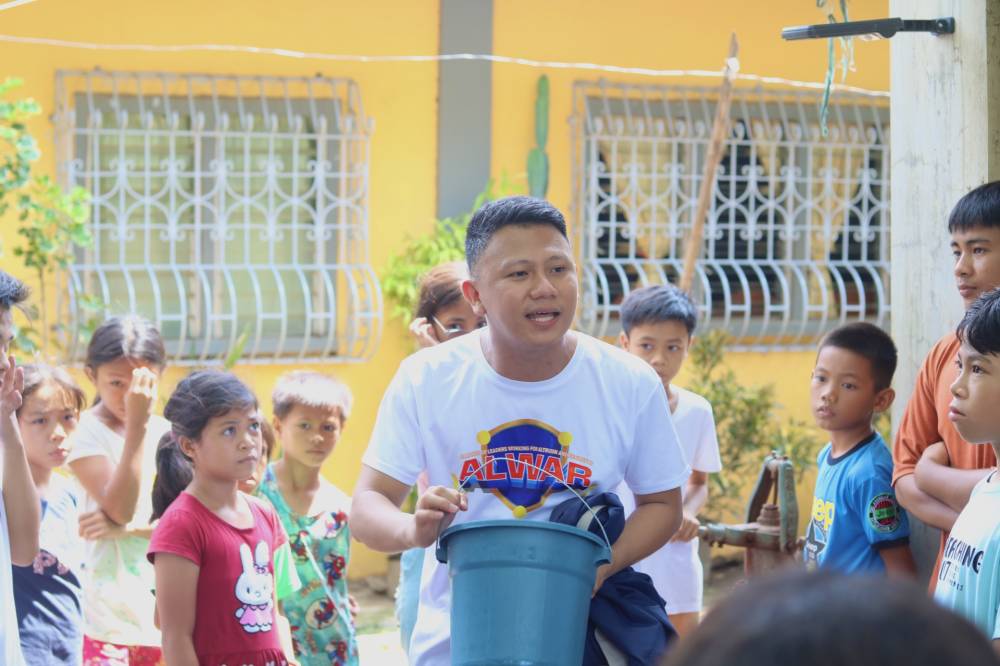
I am forever grateful for this privilege and opportunity given to us by the Youth Leadership for Democracy (YouthLed) project of the United States Agency for International Development (USAID) and The Asia Foundation alongside their partners, the Asian Institute of Management, Ayala Foundation, and the Ateneo School of Government.
I appreciate our learning team coaches, professor Manuel De Vera, and my co-fellow Sam Madriaga for giving their utmost effort in bringing out the best in me and my project—hitting me with challenging questions and generously providing me with their profound knowledge and practical insights in the field of community development and DRRM.
Through this experience, I learned that the default formula in crafting any DRRM programs should always have the dynamics of self-protection, mutual cooperation, and strong government support.
Overall, the LEAD2-FBLP5 program was a transformative experience for me. While it challenged me and exposed my weaknesses, it has ultimately strengthened my resolve and skills. I emerged from the program with a renewed sense of purpose and a deeper commitment to youth empowerment in DRRM.
This journey has been invaluable, and I am grateful for the opportunity to continue pedaling my advocacy toward a safer, and more disaster-resilient community for all.
The author is the executive director of Padyarescue Inc. and one of YouthLed project’s LEAD fellows in 2023 under the Changemakers Track. YouthLed is a joint project of USAID and The Asia Foundation that aims to increase the civic engagement of Filipino youth, leading to their strengthened participation in democratic governance.













